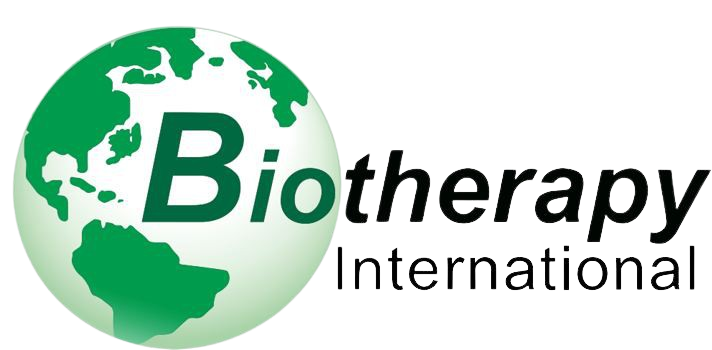Previous attempts using conventional vaccines prepared with dendritic cells, the classical antigen-presenting cells, and cancer extracts or peptides, did not result in effective regression of cancer. However, the hope is that with our improved understanding of the field, and the availability of agents needed to improve activation of a patient’s immune system, will increase the success rate using therapeutic and prophylactic cancer vaccines.
What Are Cancer Vaccines?
Cancer vaccines are designed to activate the immune system’s response to the presence of cancer cells. Therefore, they are considered to be a form of immunotherapy.
The goal of cancer vaccines is to activate the adaptive immune function, so that it can recognize cancerous cells as “non-self”, triggering an attack response similar to the one that occurs against infectious organisms.
How Do Cancer Vaccines Work?
In many types of cancer, the mutated malignant cells may have cell-surface antigens different from those of normal healthy cells. In patients with cancer, the immune system failed to respond even against a single cancer initiating cell and this is why the disease progressively develops. In order to induce an effective immune response against cancer, it is important to first neutralize all negative regulators, and then activate the immune system to react against cancer cells or their lysates, which are slightly differently from existing cancer cells. The purpose of cancer vaccination is to present to the immune system slightly modified cancer cells (or their lysates) in order to maximize activation of the immune response against modified cancer antigens. Reaction against “modified self”, or in other words turning “cold” into “hot” cancer cells, can result in induction of an effective immune response against cancer and this is what cancer vaccines are supposed to accomplish.
How Are Cancer Vaccines Produced?
Unfortunately, past experience using conventional vaccines with antigen presenting cells, dendritic cells, pulsed with cancer antigens resulted in disappointing results. At Biotherapy International, we recommend the use of customized vaccines prepared from the patient’s own cryogenically frozen tumor tissue, which can be stored in our tumor bank.
The idea behind our approach to our proprietary vaccines is based on mixing native, non-immunogenic (“cold”) extracts prepared from cancer cells, previously ignored by a patient’s immune system, with “hot” cancer cell extracts modified by one or two possible approaches for turning non-immunogenic into immunogenic cancer extracts into cancer vaccines:
- Mixing cancer tissue extracts with an immune-activating biological component (such as Coley’s toxin), resulting in induction of immune response against foreign bacterial toxins
- Mixing cancer tissue extracts with a harmless oncolytic virus, aiming for activation of an immune response against cancer antigens “decorated” with viral antigens.
Are Cancer Vaccines Safe?
From the patient’s perspective, treatment based on the use of cancer vaccines represents a very safe and most logical approach for the treatment of cancer.
At present, the clinical application of cancer vaccines can only be accomplished in clinics that are not restricted by regulatory authorities.
The option to use cancer vaccines should be kept in mind as soon as cancer is diagnosed. If surgery is indicated for diagnosis or treatment, a patient may ask the surgeon to keep part of the cancer tissue cryopreserved for future use if indicated. Cancer tissue extracts should be cryopreserved at the lowest possible temperature (-80 °C or -196°C) or transferred to a refrigerator available at Biotherapy International’s Tumor Bank.

